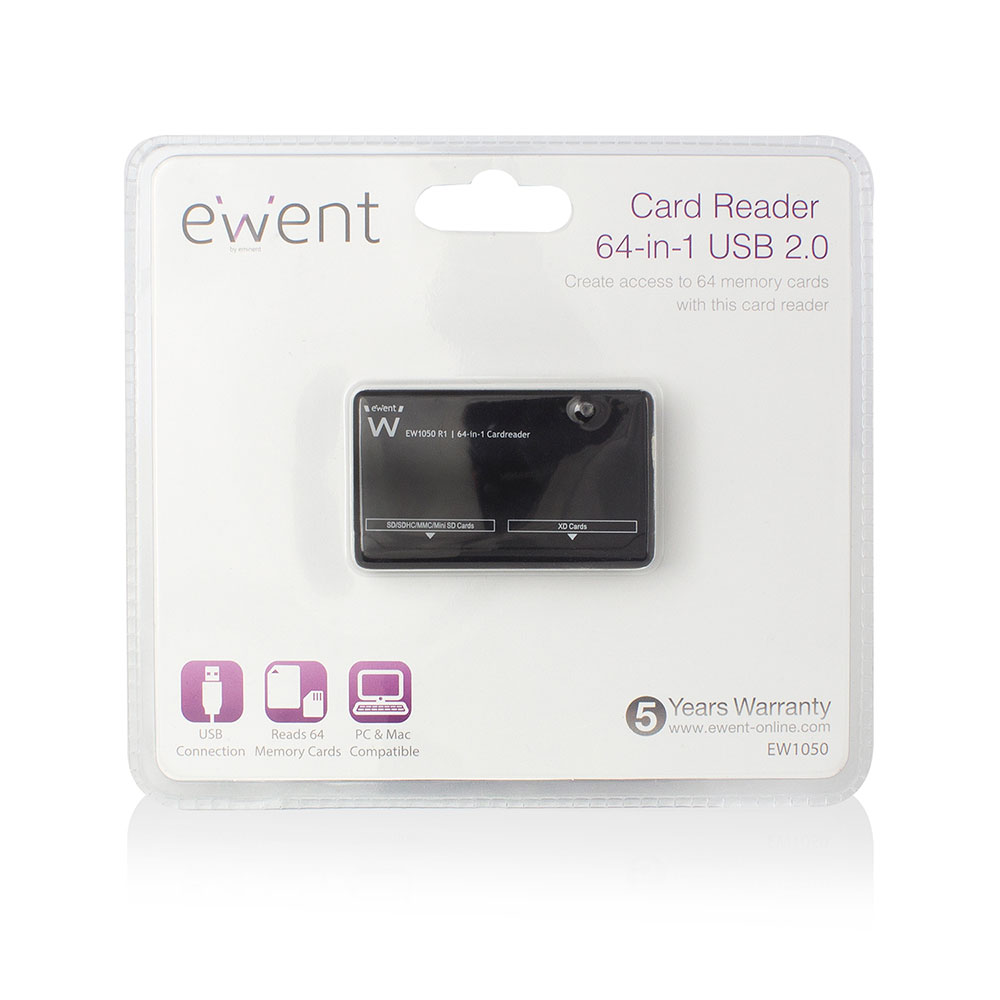

What’s more, xD cards were unable to keep up with emerging memory cards standards in terms of speed and capacity, so most consumers naturally lost interest in them.

One reason is that the xD-Picture Card format was proprietary to Fujifilm and Olympus, which other camera manufacturers didn’t like. There are many reasons why SD memory cards-not xD memory cards-have eventually become the dominant type of memory cards. xD cards for cameras also promised a storage capacity of up to 8 GB, delivered superior read/write speeds, and was designed to use minimal power, among other things.

This new memory card standard was created specifically for digital cameras, and it was significantly smaller than SmartMedia (20 mm x 25 mm x 1.7 mm versus 45.0 mm × 37.0 mm × 0.76 mm). Fujifilm and Olympus took this difficult task upon themselves and, in July 2002, revealed the xD-Picture Card. It was clear to most leading digital camera manufacturers at the time that a new memory card standard needed to be created. To start with, SmartMedia cards were very large, and their capacity topped at just 128 MB. However, that wasn’t always the case.ĭuring the early 2000s, SmartMedia had the biggest percentage share (40%) of worldwide digital camera storage, but it also had its fair share of limitations. Today, SD cards dominate the global memory card market, being used in all kinds of electronic devices, from cameras to smartphones to smart home products.


 0 kommentar(er)
0 kommentar(er)
